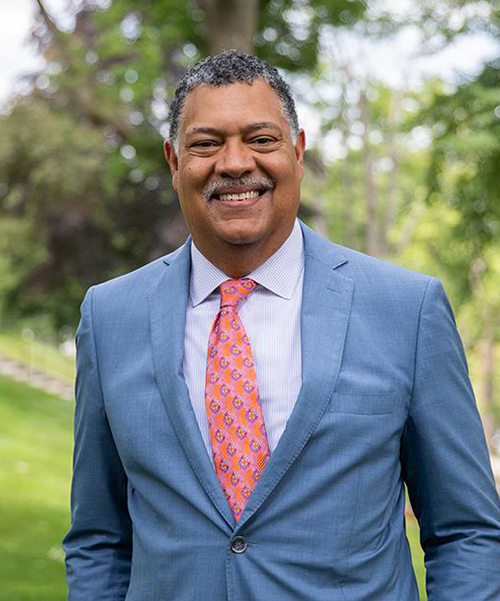A violent assault on the U.S. Capitol by supporters of a defeated president, sustained efforts to undermine faith in elections and the democratic process, political violence, and a growing “Christian” nationalism often linked with racism are just some of the threats to democratic norms and institutions within the United States. In a divided Catholic Church and American society, some won’t accept this description as fair or accurate, and others will see it as weak and incomplete.
In Athens, Greece, in 2021, Pope Francis warned against a “retreat from democracy” and hoped that “democracy may be the response to the siren songs of authoritarianism; and that individualism and indifference may be overcome by concern for others, for the poor and for creation.” His important address in the cradle of democracy added new clarity regarding the Catholic Church’s complicated history of engagement with democratic ideas.
- What is the history of Catholic engagement with democratic ideas and institutions? How does this history affect how we think about our current challenges? How do Catholic experiences in other countries affect how we should think about challenges in the United States?
- What are our public responsibilities as U.S. Catholics in our pluralist country, and have U.S. Catholics and Catholic leaders fulfilled them?
- What is Christian nationalism, and what is its impact in our nation and Church?
- In the face of challenges to democratic institutions, how can we best secure a robust pluralism that allows communities of faith to flourish?
- Is talk of “threats to democracy” overstated? How real are threats to democracy?
- What role do racism, nativism, and anti-Semitism play in the rise of challenges to democratic institutions in the United States?
- What role have Catholics played in fostering the political and social conditions under which democratic norms and institutions have come under attack?
- How can we best respond to Pope Francis’ call for a “better kind of politics” and resist the “siren song” of authoritarianism?
Kim Daniels, director of the Initiative and member of the Vatican Dicastery for Communication, moderated the conversation.
Resources
View a list of articles, podcasts, and other resources for this dialogue.
Photo credit: Tyler Merbler




